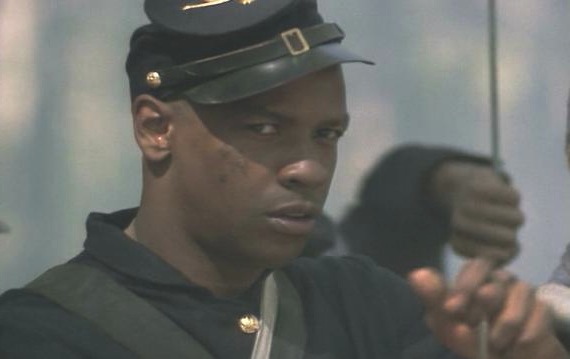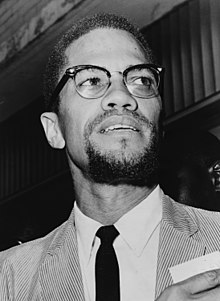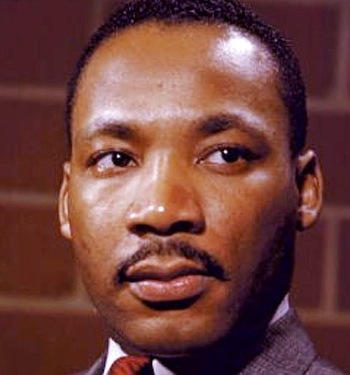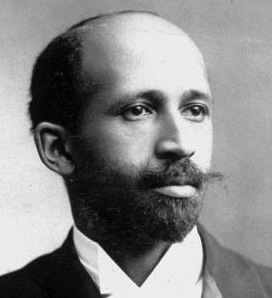This Week in Black History: Martin Luther King Jr. leads 60,000 at Chicago Freedom Movement rally

On July 10, 1966, an estimated 60,000 people filled Chicago’s Soldier Field for the largest northern civil rights rally of its era, answering the call of the Rev. Martin Luther King Jr. and the Chicago Freedom Movement.
The Chicago Freedom Movement, organized by King and the Southern Christian Leadership Conference alongside local activists, marked a new chapter for the civil rights movement as it expanded its focus beyond the South. The campaign aimed to confront deep-seated housing discrimination, economic inequality and segregation faced by Black residents across Chicago.
King’s presence in Chicago brought national attention to the realities of redlining, substandard housing and limited job opportunities in northern cities. The July 10 rally was the movement’s most visible demonstration, drawing supporters from every corner of the city and beyond. The crowd packed the stadium and spilled onto the surrounding grounds, united by the demand for justice and equality.
The Chicago Freedom Movement also highlighted the unique challenges faced by Black communities in northern cities, which differed from those in the South. Unlike the legalized segregation of the Jim Crow South, northern segregation was often enforced through economic practices like redlining and discriminatory real estate policies that confined Black families to overcrowded neighborhoods with limited resources.
By focusing on these systemic barriers, the movement broadened the civil rights agenda and helped shift national conversations about racial justice to include housing and economic equity. This expanded focus influenced future activism and policy reforms aimed at dismantling structural racism in urban America.
“We are here today because we are tired of being at the bottom,” King told the crowd, calling for an end to housing discrimination and urging city leaders to commit to fair housing practices. The rally was followed by a march to City Hall, where King and other leaders presented a list of demands to Mayor Richard J. Daley.
The Chicago Freedom Movement’s impact stretched far beyond that summer. It laid the groundwork for later fair housing legislation, including the federal Fair Housing Act of 1968, and inspired new activism in cities across the country.
This week’s anniversary of the 1966 rally underscores the ongoing struggle for justice and the enduring strength of collective action. For more information on Black history, arts and culture, visit the California African American Museum.





